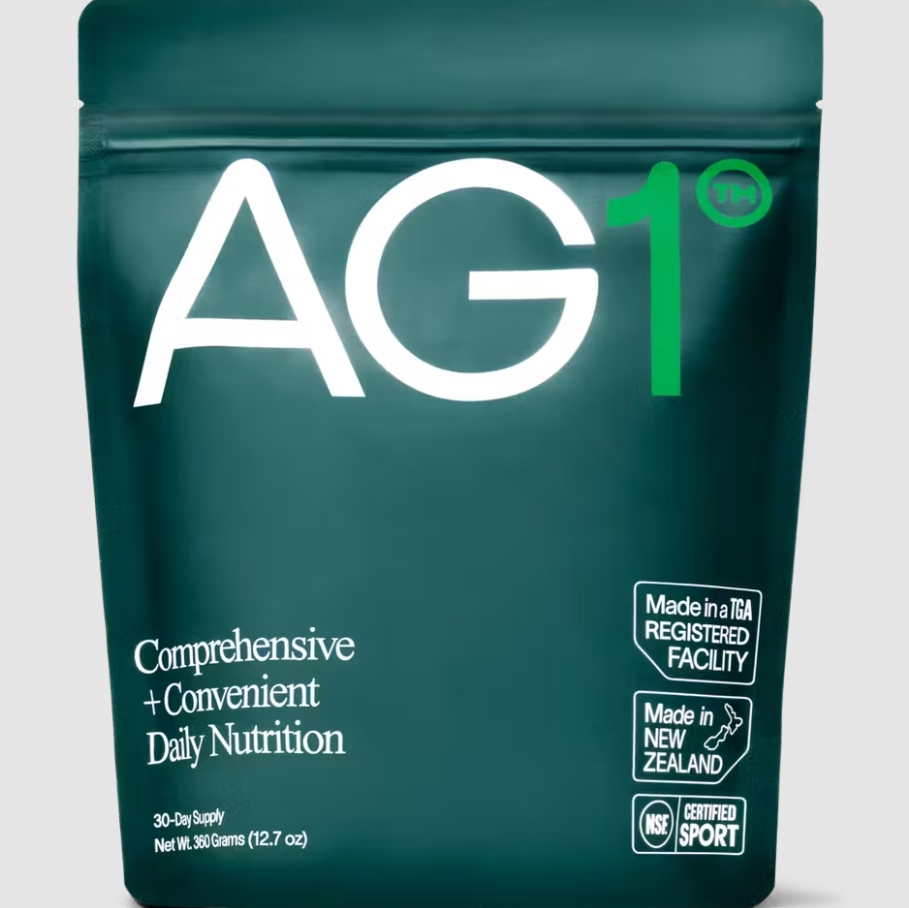
Vitamin A
Vitamin A, also known as beta-carotene, is a fat-soluble vitamin found in many foods, particularly colorful fruits and vegetables. It is important for maintaining healthy vision, immune function, and skin health. Beta-carotene is also an antioxidant, which means it can help protect cells from damage caused by harmful molecules known as free radicals.
Vitamin C
Vitamin C, also known as ascorbic acid, is a water-soluble vitamin found in many fruits and vegetables, particularly citrus fruits. It is important for maintaining healthy skin, bones, and blood vessels, as well as supporting immune function. Vitamin C is also an antioxidant and can help protect cells from free radical damage.
Vitamin E
Vitamin E, also known as d-alpha tocopherol succinate, is a fat-soluble vitamin found in many foods, particularly nuts and seeds. It is important for maintaining healthy skin, eyes, and immune function, as well as supporting heart health. Vitamin E is also an antioxidant and can help protect cells from free radical damage.
Vitamin B1
Vitamin B1, also known as thiamine hydrochloride, is a water-soluble vitamin found in many foods, particularly whole grains, legumes, and nuts. It is important for converting food into energy and supporting nerve function. Thiamine deficiency can lead to a condition known as beriberi, which can cause muscle weakness, tingling sensations, and difficulty walking.
Vitamin B2
Vitamin B2, also known as riboflavin, is a water-soluble vitamin found in many foods, particularly dairy products, leafy green vegetables, and whole grains. It is important for converting food into energy, as well as supporting eye and skin health. Riboflavin deficiency can lead to a condition known as ariboflavinosis, which can cause skin disorders, mouth ulcers, and anemia.
Nicotinic Acid
Nicotinic Acid, also known as niacin or vitamin B3, is a water-soluble vitamin found in many foods, particularly meat, fish, and whole grains. It is important for maintaining healthy skin, digestive system, and nervous system, as well as supporting energy metabolism. Nicotinic acid can also help lower cholesterol levels and may have anti-inflammatory effects.
Vitamin B6
Vitamin B6, also known as pyridoxine hydrochloride, is a water-soluble vitamin found in many foods, particularly meat, fish, and whole grains. It is important for maintaining healthy brain function, as well as supporting immune function and energy metabolism. Vitamin B6 can also help alleviate symptoms of PMS and nausea during pregnancy.
Folate
Folate, also known as 5-MTHF, is a water-soluble vitamin found in many foods, particularly leafy green vegetables, legumes, and fortified grains. It is important for supporting healthy fetal development during pregnancy, as well as maintaining healthy blood cells and supporting brain function. Folate deficiency can lead to a condition known as megaloblastic anemia.
Vitamin B12
Vitamin B12, also known as methylcobalamin, is a water-soluble vitamin found in animal products, such as meat, fish, and dairy. It is important for maintaining healthy nerve cells and DNA synthesis, as well as supporting red blood cell production. Vitamin B12 deficiency can lead to a condition known as pernicious anemia.
Vitamin B7
Vitamin B7, also known as biotin, is a water-soluble vitamin found in many foods, particularly eggs, nuts, and whole grains. It is important for maintaining healthy skin, hair, and nails, as well as supporting energy metabolism. Biotin deficiency can lead to a condition known as dermatitis and hair loss.
Calcium Pantothenate
Calcium Pantothenate is a form of vitamin B5 that is commonly found in many supplements. It is important for supporting energy metabolism, as well as maintaining healthy skin and digestive system.
Calcium Citrate
Calcium Citrate is a form of calcium that is easily absorbed by the body, making it a popular choice for calcium supplements. Calcium is important for maintaining strong bones and teeth, as well as supporting nerve function, muscle function, and blood clotting. Adequate calcium intake can also help prevent osteoporosis, a condition characterized by weakened bones.
Calcium Carbonate
Calcium Carbonate is another common form of calcium that is often used in supplements. It is less expensive than calcium citrate, but is not as easily absorbed by the body. Calcium carbonate is often found in foods like dairy products and fortified juices and cereals.
Potassium Phosphate
Potassium Phosphate is a salt that contains potassium and phosphate. It is often used as a food additive and is also found naturally in some foods like dairy products and fish. Potassium is an essential mineral that is important for maintaining healthy blood pressure, nerve function, and muscle function.
Magnesium Glycinate
Magnesium Glycinate is a form of magnesium that is easily absorbed by the body. Magnesium is important for many bodily functions, including nerve function, muscle function, and the regulation of heart rhythm. Adequate magnesium intake can also help prevent migraines and improve sleep quality.
Zinc Citrate
Zinc Citrate is a form of zinc that is easily absorbed by the body. Zinc is an essential mineral that plays a key role in many bodily functions, including immune system function, wound healing, and protein synthesis. Adequate zinc intake is also important for maintaining healthy skin, hair, and nails.
Reference
- Abdullah, M., Jamil, R.T. and Attia, F.N. (2020). Vitamin C (Ascorbic Acid). [online] PubMed. Available at: https://pubmed.ncbi.nlm.nih.gov/29763052/.
- Bangash, H. and Sethi, A. (2012). Zinc and skin health: an overview. pp.178–195. doi: https://doi.org/10.3920/978-90-8686-729-5_11.
- Bistas, K.G. and Tadi, P. (2020). Biotin. [online] PubMed. Available at: https://www.ncbi.nlm.nih.gov/books/NBK554493/.
- Chea, E.P., Lopez, M.J. and Milstein, H. (2021). Vitamin A. [online] PubMed. Available at: https://pubmed.ncbi.nlm.nih.gov/29493984/.
- Keller, J.L., Lanou, A. and Barnard, N.D. (2002). The consumer cost of calcium from food and supplements. Journal of the American Dietetic Association, [online] 102(11), pp.1669–1671. doi: https://doi.org/10.1016/s0002-8223(02)90355-x.
- Kirkland, A., Sarlo, G. and Holton, K. (2018). The Role of Magnesium in Neurological Disorders. Nutrients, [online] 10(6), p.730. doi: https://doi.org/10.3390/nu10060730.
- Kowey, P.R. (2002). The Role of Potassium. Medical Science Symposia Series, 17, pp.151–157. doi: https://doi.org/10.1007/978-1-4615-1061-1_18.
- Martel, J.L., Kerndt, C.C., Doshi, H. and Franklin, D.S. (2023). Vitamin B1 (Thiamine). [online] PubMed. Available at: https://pubmed.ncbi.nlm.nih.gov/29493982/.
- Medina, J. and Gupta, V. (2023). Vitamin E. [online] PubMed. Available at: https://pubmed.ncbi.nlm.nih.gov/32491669/. [Accessed 28 Jun. 2023].
- Palermo, A., Naciu, A.M., Tabacco, G., Manfrini, S., Trimboli, P., Vescini, F. and Falchetti, A. (2019). Calcium citrate: from biochemistry and physiology to clinical applications. Reviews in Endocrine and Metabolic Disorders, 20(3), pp.353–364. doi: https://doi.org/10.1007/s11154-019-09520-0.
- Peechakara, B.V. and Mohit Gupta (2019). Vitamin B2 (Riboflavin). [online] Nih.gov. Available at: https://www.ncbi.nlm.nih.gov/books/NBK525977/.
- PubMed. (2012). Niacin. [online] Available at: https://pubmed.ncbi.nlm.nih.gov/31643504. [Accessed 28 Jun. 2023].
- S, E. (2017). Nutritional Role of Folate. [online] Congenital anomalies. Available at: https://pubmed.ncbi.nlm.nih.gov/28603928/.
- Sanvictores, T. and Chauhan, S. (2020). Vitamin B5 (Pantothenic Acid). [online] Available at: https://www.semanticscholar.org/. [Accessed 28 Jun. 2023].
- Smith, A.D., Warren, M.J. and Refsum, H. (2018). Vitamin B12. Advances in Food and Nutrition Research, 83, pp.215–279. doi: https://doi.org/10.1016/bs.afnr.2017.11.005.
Next, check out some similar articles you might find interesting:
Just Egg Ingredients & Health Benefits
Midol Complete Ingredients & Health Benefits
Liquid IV Hydration Multiplier Ingredients & Health Benefits
Vital Proteins Collagen Peptides Ingredients & Health Benefits

Leave a Reply